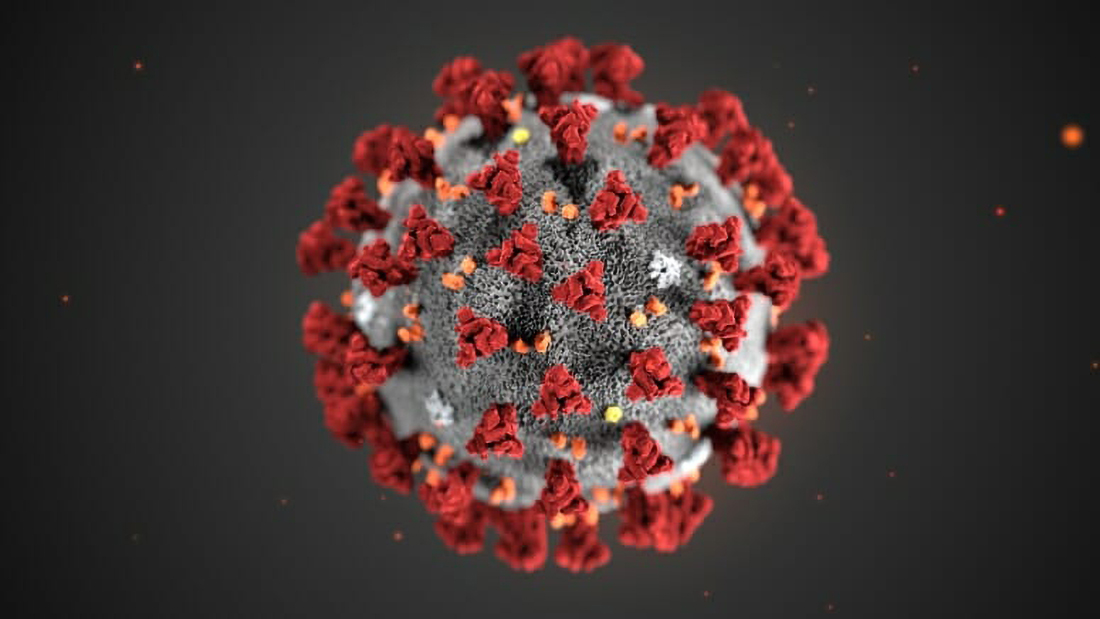
31 Mar COVID-19 presents an opportunity for precision medicine to play expanded role in care
By Kashyap Patel, Natasha Clinton, Hirangi Mukhi, and Maharshi Patel; Targeted Oncology
The world is facing the unprecedented crisis of a novel coronavirus, also known as COVID-19. This virus was previously referred to as novel betacoronavirus- Severe Acute Respiratory Syndrome Virus- coronavirus 2 (SARS-CoV-2). What started in early December 2019 with 3 patients diagnosed with unexplained pneumonia in the Wuhan province in China has led to a global pandemic. At the time of writing this article, a total of 378,392 cases have been reported and 16,490 patients have died across 192 countries. The US alone has reported 43,449 new cases and mortality of 545 patients.
The World Health Organization (WHO) has declared COVID-19, caused by SARS-CoV-2, a public health emergency of international magnitude and a global pandemic in March 2020.4 The definition of a pandemic according to the WHO is a worldwide spread of a new disease for which most people do not have immunity. A pandemic occurs when a new disease emerges and spreads around the world, and most people do not have immunity.
A sudden surge in the cases of COVID-19 due to pandemic, along with efforts to contain it, has led to multiple challenges that no country has experienced in the last several decades. The global pandemic from COVID-19 poses a unique set of challenges not only for patients with cancer who need their treatment, but also for caregivers, oncologists, and the overall care team. Although it is recognized that there is a need to treat cancer patients during a pandemic, due to their immunocompromised state from the nature of their disease or type of treatment they are receiving, it is of paramount importance that the oncology care team develop and evolve a systemic approach that prioritizes patients, disease, and types of treatment. In many instances, cancer is a potentially life-threatening disease when left untreated. A system to determine a priority for treatment of patients with cancer is necessary to have a consistent approach for all providers. So far, the efforts of organizations and individual oncologists are being outpaced rapidly by the exponential and logarithmic growth of patients with COVID-19. It is likely that this will be a dynamic situation that will vary from day-to-day. Read more …



